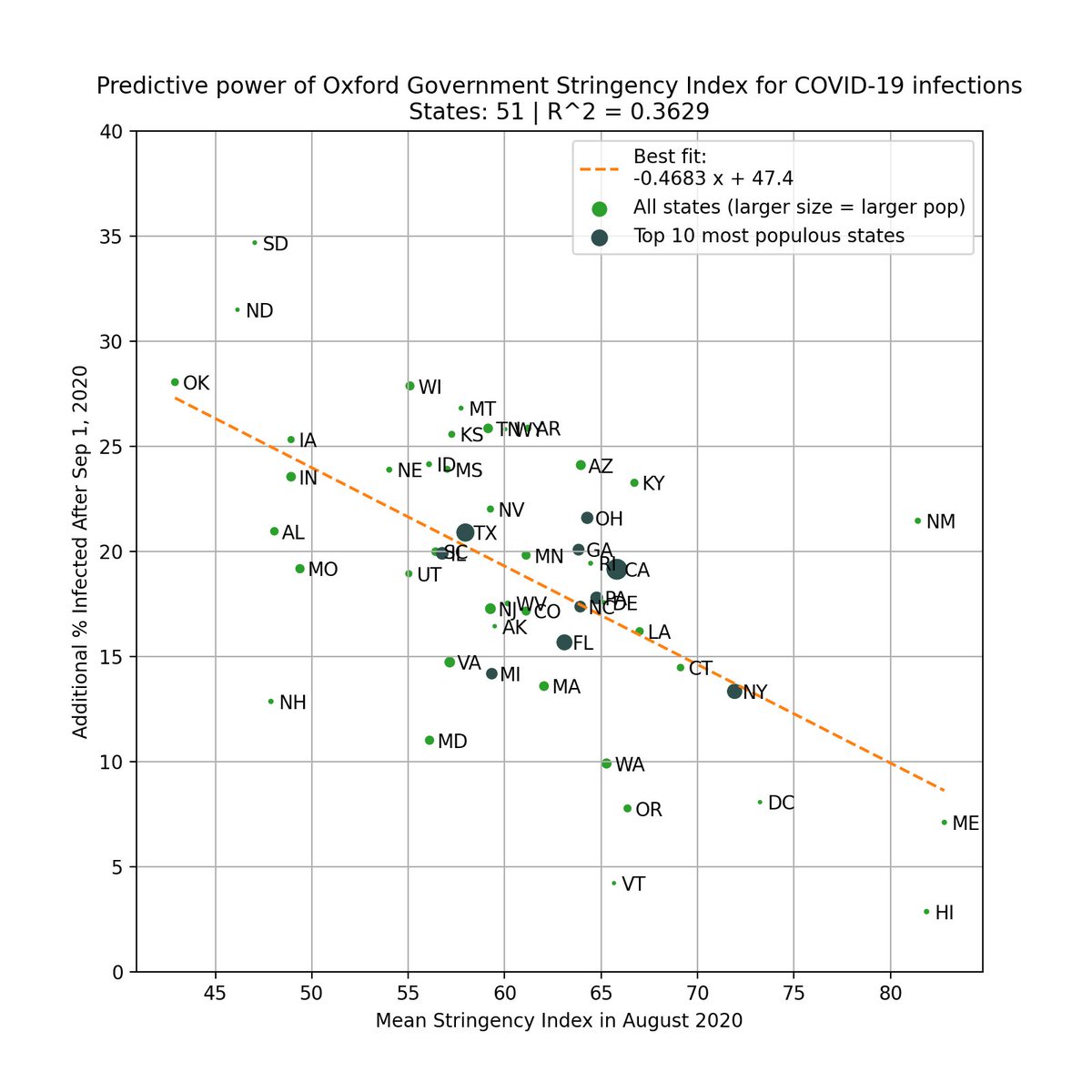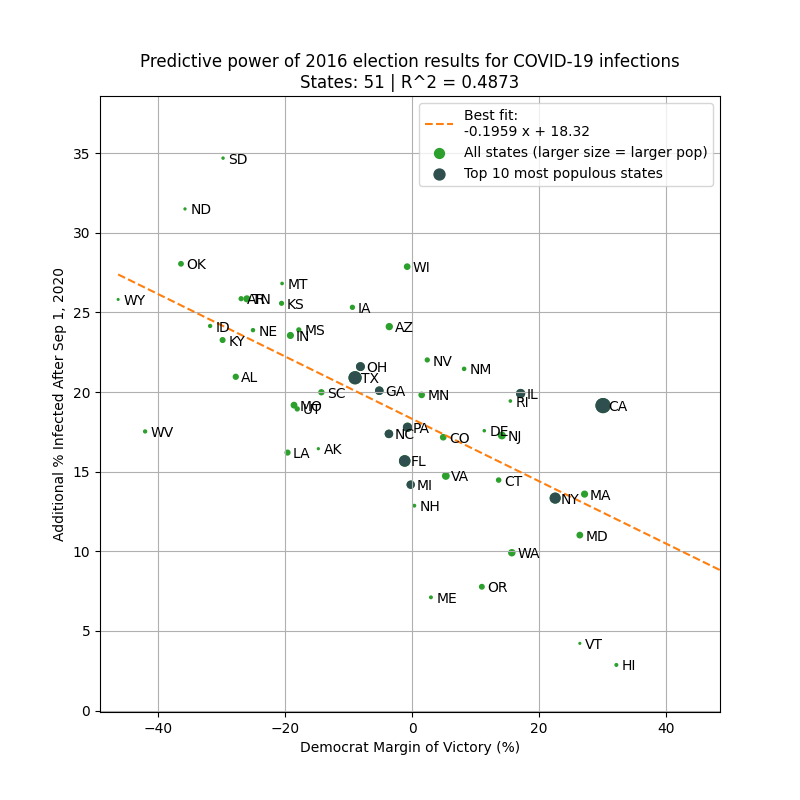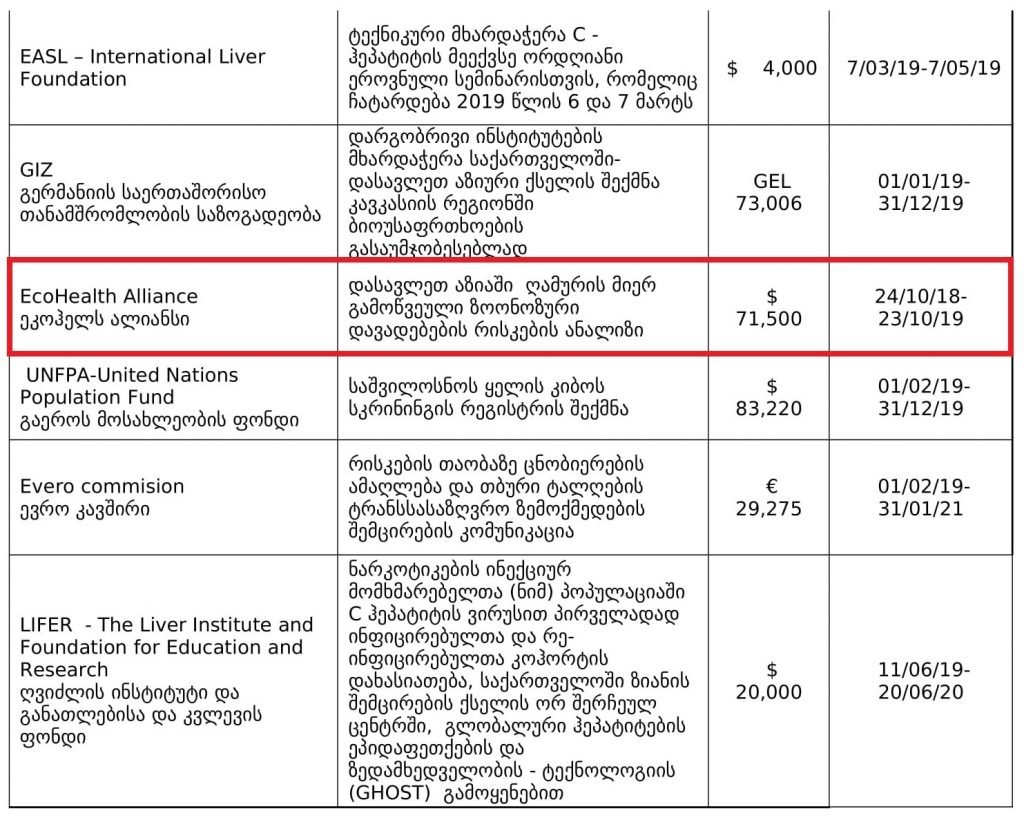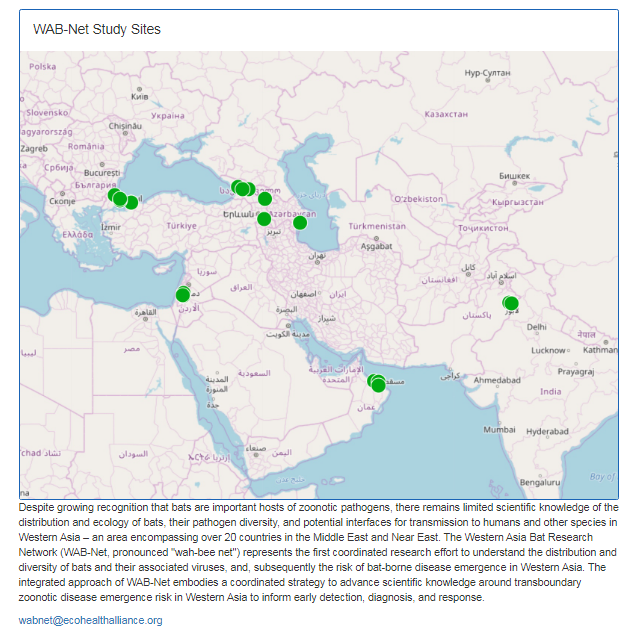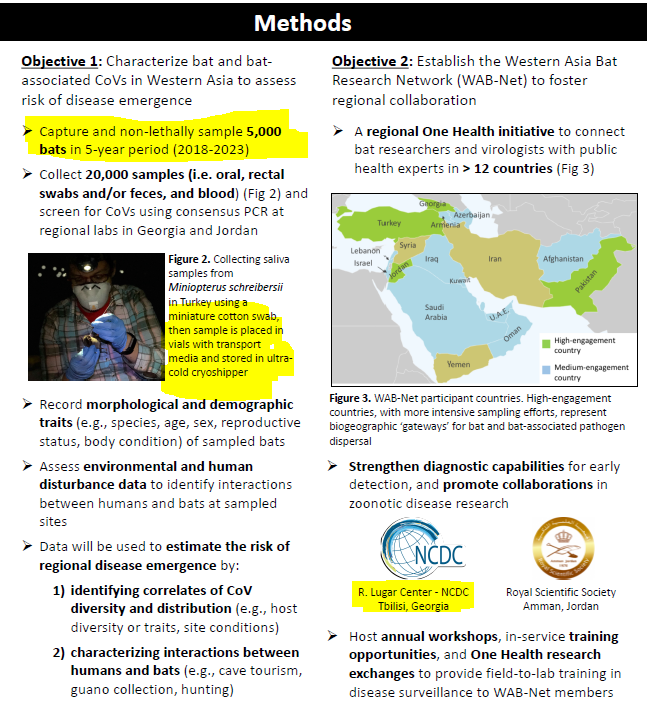UK commits to an Emissions Trading Scheme (ETS) from 1 January 2021.
Seems like a win for
@beisgovuk, as
@hmtreasury was known to be keen on a carbon tax
2/
Exploring the RAB model for new nuclear, as per
@emilygosden article in
@thetimes this morning
3/
https://t.co/JBU5HUDrFA
From press release, doesn't look like that many big new measures. Not surprising, as next year we're expecting:
▶️ Heat & Buildings Strat
▶️ Industrial Decarb Strat
▶️ Hydrogen Strat
▶️ Net Zero Strat
▶️ Transport Decarb Plan
And more.
4/
https://t.co/njYHJx0sAI
A couple of hours later, and the White Paper is now here.
Powering Out Net Zero Future.
Details to follow 🧵👇
5/
https://t.co/m3EOxuRllG
Paper is focused on:
▶️ Transforming energy
▶️ Supporting a green recovery
▶️ Creating a fair deal for consumers
(page 8)
Sounds good
6/
New Call for Evidence on "affordability and fairness", published by April 2021.
Includes looking at how decarbonisation costs are split between gas and electricity (they're almost all on elec atm).
(page 30)
7/
Gov flags
@ofgem upcoming final decision on mandatory Half Hourly Settlement for domestic customers, expected Spring 2021.
8/
New Consultations:
By March 2021, Gov will consult on introducing 'opt-in' and 'opt-out' switching for domestic energy customers.
Plus, consultation on more transparency on carbon content of domestic energy supply
(page 33 and page 34)
9/
More consultations:
Gov will consult on changing the energy supplier thresholds for ECO (Energy Company Obligation) and WHD (Warm Homes Discount) for the next phase of scheme (post-2022)
(Page 35)
10/
Gov will assess changes to retail market to enable uptake of innovative tariff & products, with a consultation to follow in 2022 (or later).
Obvious move is time-of-use tariffs but also 'Energy as a Service' type offerings.
Important for EV/Heat Pumps to unlock flex.
p.35
11/
More consultations:
By Spring 2021, Gov will consult on regulating third party energy brokers and price comparison websites.
Will also take powers to regulate smart appliances (including for interoperability) "when Parliamentary time allows)
p.36
12/
Next chapter (Power)
@beisgovuk reckons that electricity demand could double by 2050, which I think is broadly in line with
@theCCCuk and others.
(page 44)
13/
New Call for Evidence:
BEIS launches CfE on future of renewable support post-2021 CfD auction, incl. how changes to CfD/wider market design can integrate renewables
@Policy_Exchange had lot to say on this in recent paper *Powering Net Zero*
p.46
14/
https://t.co/4KqOR0ujXh
Gov to establish a "Ministerial Delivery Group", looking at expanding renewables in the UK.
To tackle barriers incl. networks & env impacts of large-scale RES.
Run by
@DefraGovUK and
@beisgovuk. Joined-up planning a big part of
@Policy_Exchange paper on North Sea
p47
15/
Gov commits to Power CCUS (natural gas with CCS).
One project operational by 2030, based on existing CfD regime with amendments (e.g. to make sure that Power CCUS complements RES).
p.47
16/
New consultation:
In early-2021, Gov will consult on changing the 'CCS-ready' requirements for new large-scale gas power plants.
Notes current distortions of 300 MW threshold (ahem, 299MW OCGT projects).
Also notes potential for H2-fired conversions rather than CCS
p.48
17/
New nuclear:
Gov aiming for Final Investment Decision on one more large nuclear plant by end of this Parliament (December 2024).
Exploring RAB model "alongside a range of financing options". Not a full-throated endorsement of RAB.
p.49
18/
https://t.co/GSaf9kgCYx
Biomass:
Gov to publish a Call for Evidence shortly, with a preliminary paper in Summer 2021, on "Biomass for Net Zero" including BECCS
In advance of "Biomass Strategy" in 2022.
p.53
19/
Planning Permission Framework:
Gov to update the National Policy Statement (NPS) by the end of 2021.
Has been controversial because is used to justify development of new fossil fuel power stations.
p. 55
20/
Section on how
@beisgovuk models the energy system.
Notes that BEIS wants to improve transparency (an ask from many) including an 'Open Modelling Environment'.
p.60-63
21/
Next Chapter: Energy System
BIES and Ofgem to publish a new 'Smart Systems Plan' in Spring 2021.
Gov to define electricity storage in law "when Parliamentary time allows" (welcome, but many of the barriers to storage already overcome e.g. thru' generation license')
p.72
22/
New competition for long-duration energy storage, with delivery from Spring 2021.
This is very important, something we flagged in our paper *Powering Net Zero*.
Money looks small, part of £100m investment in storage + flex innovation.
p.73
23/
Next Chapter: Network Infrastructure
Gov to legislate to enable competitive tendering for the onshore electricity network, as we already have for offshore wind.
Sounds like the CATO model may finally be completed.
p.76
24/
Gov notes that interconnectors aid decarbonisation and has published modelling by
@AuroraER_Oxford to that effect.
Including impact of imported emissions, which is always a big concern with imported electricity.
p.79
25/
https://t.co/18h7LAJ2i5
New Energy Data Strategy:
@beisgovuk and
@ofgem will publish the UK's first Energy Data Strategy in Spring 2021.
Focuses on where to put infra like EVs chargepoints, as well as improving operational dispatch.
p.81
26/
Role of Gas:
Government will consult on updating the Gas Act, although this will be a slower process.
Starts with workshops in 2021 and a series of consultations.
p.84
27/
New consultation on System Governance:
Gov will consult in 2021 on system operation + code governance. Assume this includes ownership/structure of
@ng_eso. Gov also published response to consultation on code governance.
p.85
28/
https://t.co/m1oISF7vqu
The Strategy and Policy Statement (SPS) is back!
Government will consult in 2021 on implementing an SPS to give guidance to
@ofgem on Gov vision for energy system.
Background from
@ProfCMitchell on SPS here:
https://t.co/PTfRN3NDw6 p.86
29/
Chapter #4: Buildings
Flags Heat and Buildings Strategy now expected early-2021.
Government response to Future Homes Standard expected "as soon as possible" - might include more details on the phantom 2023 end date for gas boilers in new homes.
p.102
30/
New consultation on owner-occupied homes:
In 2021, Gov will consult on regulatory measures to improve energy efficiency of owner-occupied homes. Complements ongoing consultation on privately-rented homes.
p.104
31/
Extend ECO and WHD schemes to at least 2025/26 to help the fuel poor and consult on reforms to better target fuel poverty.
This was on of the asks in
@Policy_Exchange 2015 paper, Warmer Homes, by
@UKenergywonk. p.109
32/
https://t.co/HOuOhCy1lf
Gov will consult on whether any more new homes should be connected to the gas grid. See earlier point on reforms to the Gas Act.
p.110
33/
Call for Evidence on 'hydrogen-ready appliances':
In late-2021, Gov will publish CfE on hydrogen-ready "boilers, cookers and fires".
p.113
34/
New consultation on Heat Networks:
In Spring 2021, Gov will consult on heat networks, including "Local Heat Network Zoning" to coordinate development.
p.115
35/
Jobs:
New 'Green Jobs Taskforce' and a National Skills Fund, to be launched in 2021.
Focusing on energy efficiency and clean heat retrofits.
p.116
36/
Chapter 5: Industrial Energy
Mainly reiterates existing announcements incl:
▶️Industrial Decarb Strategy in Spring 2021
▶️10 MTPA CO2 captured by 2030 in 4 low-carbon clusters.
▶️ H2 strategy in early-21
▶️ UK ETS from Jan-21 (per press release)
37/
Gov aims to provide revenue mechanism (e.g. a CfD) to support private-sector investment in industrial decarb. Details to follow in 2021.
Covers industrial CCS and clean H2.
One for the Industrial Decarbon and H2 strategies.
p.130
38/
Chapter 6: Oil and Gas (last one!)
▶️ Net Zero basin by 2050 (same as UK economy)
▶️ 'Zero Routine Flaring by 2030'
▶️ Highlights potential for re-use of O&G assets for CCS
▶️ Review the OPRED (regulator for env. & decommissioning)
39/
Lay new strategy for
@OGAuthority before the end of 2020 (not long!).
New strategy has a lot more about decarbonisation.
p.140
40/
New 'North Sea Transition Deal' during H1 2021 focusing on economic opportunities of Net Zero and support for those affected by decline of Oil and Gas.
@Policy_Exchange paper on Future of the North Sea said lots about this.
p.143
41/
https://t.co/m9cCJIOPgw
Flags upcoming
@transportgovuk consultation on low-carbon fuels.
Government will also publish a draft 'Downstream Oil Resilience' bill to ensure supplies as oil volumes decrease.
p.146
42/42.
And that's it. Lots to do in 2021!






